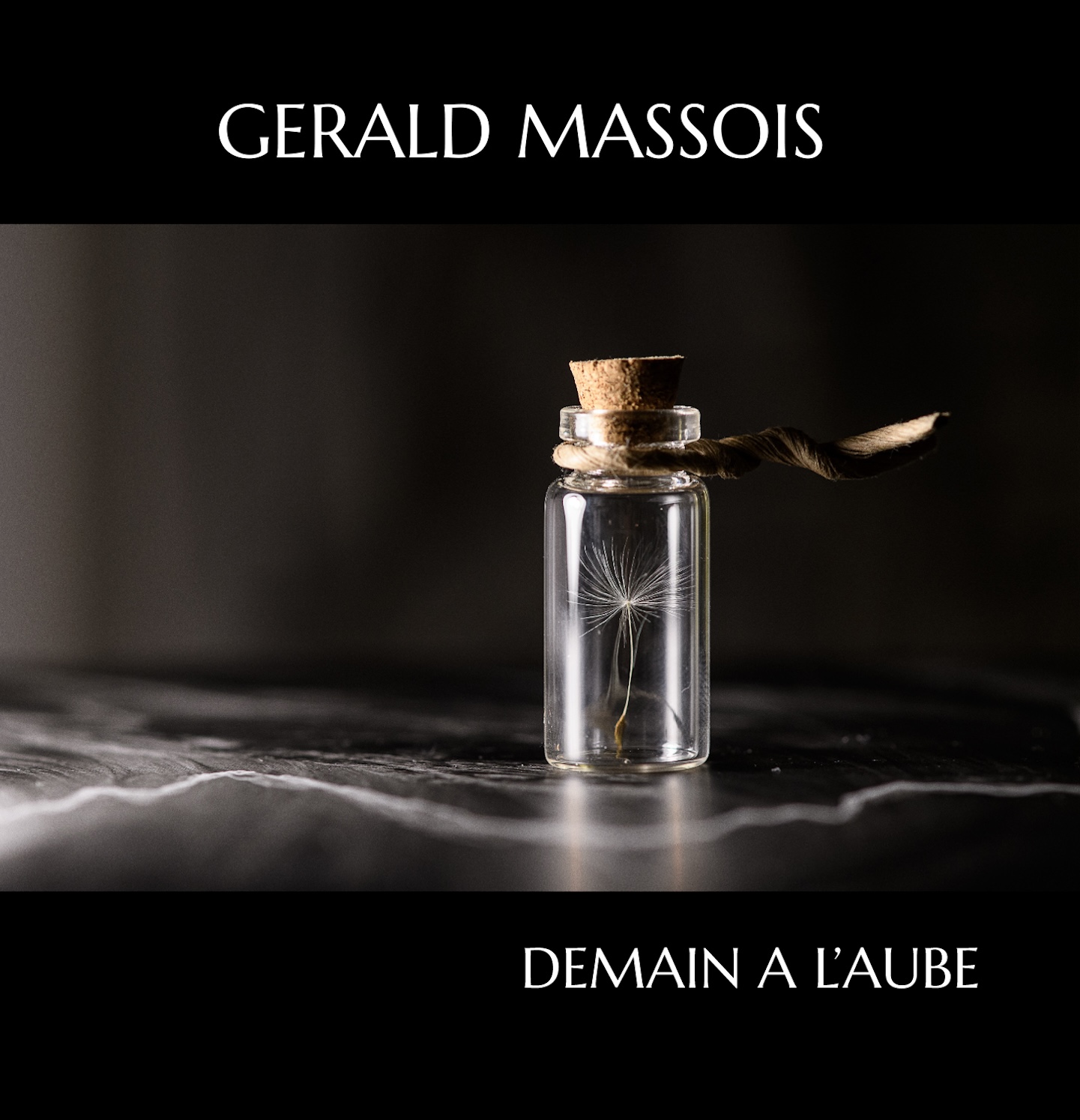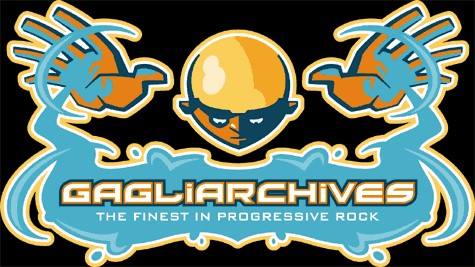
This talented composer and multi-instrumentalist has just released a follow -up to his 2018 debut “Le Vol Erratique d’un Papillon”, that was based on the terrible events of the Bataclan concert massacre in Paris, the first of an already written trilogy of which this is the second step. Aided and abetted by some gifted support crew, namely Maxx Gillard on the percussive side of things, keyboardist Nicolas Gardel (who also mixed and mastered the opus) as well as pianist Gionathan Carradona (Profusion). Jonathan Tavan is on the bass guitar. The 6 strings were handled by Gerald as well as guest Pier Emmanuel Gillet on acoustic. Symphonic in scope, cinematographic in style (hello, Ennio Morricone) and deeply adventurous, the perennial influence of the legendary French group Ange is never far away, with occasional hints at Peter Gabriel. The setting for this historically based personal drama is the dreadful Spanish Civil War, a three-year long conflict from 1936 to 1939 where patricide, matricide and fratricide reached unimaginable levels, pitting citizen against citizen, a merciless and inhumane devourer of souls.
Ending on April 1st “1939”, marking the end of the Civil War, the shattered protagonist returns home to his family, unsure of the new world dawning, a mere few months before Hitler invades Poland and thus igniting the massive conflict that spanned the globe. The orchestral overture is appropriately sombre, depressing and a harbinger of the continued horrors to come. Nicolas Gardel’s composition is deferentially orchestrated as if a soundtrack of some imaginary movie.
The poignant “Les Ennemis d’hier” (Yesterday’s enemies) is the immediate social consequence of any civil war, where once harmonious brothers, neighbours and friends become locked in ruthless combat, further compounded by the survivors having to once again learn to live with each other. The outcome of victory and defeat is forever blurred and internalized. The music is gritty, electric guitars sizzling in between the piano embers, the tragic bass begging for peace and the pounding drums, reminders of the ongoing echoes of cannon fire. Gérald’s beseeching voice displays a passion that cannot surrender, as hope is reduced to nothingness, yet the spirit must fight on, naked and defiant.
The two-part ’’La Bataille de l’Ébre’’ (the Battle of the Ebro River) spans 16 minutes and forms the core grisliness of the album’s concept. Swooping salvos from the instrumental artillery, the thunder of thousands of charging rifles running straight into deadly gunfire, lurid bayonet assaults, Condor Legion bombings from the skies and no prisoners taken. “No Pasaran”! Part 2 is the silent after the carnage, where the reflection on the absurdities of war become overbearing, a subject I have studied since my teenage years, still without comprehending this primeval need to kill with such devotion and disregard. The Massois electric guitar combines in complete agreement with Carradona’s virtuoso piano, a colossal display of sound and fury, as walls collapse under the senseless concussions, limbs shredded, brains splattered, the horrid odour of death everywhere and seared forever in any survivor’s soul. Definitely hell on earth. The ominous lyrics are descriptive of the agony suffered by all.
As our dejected hero voyages back to his family home, “Les Trains D’ombres” (Trains of Shadows) project unfurling images of shallow desperation, travelling on the rails of troubled hope, departing from nowhere to remember to arriving somewhere forgotten. This piece is a melancholic journey not for the faint of heart, as the massive choirs weep with unrelenting anguish, a mother’s loving embrace at the end of the line.
Nightmares remain forever engrained, impossible to flush, as vile flashbacks bully into the routine reality of having to cope with trauma. This sentiment is expertly expressed on the profound instrumental revisit of the battlefield on the 14 minute + “Une Colline sans Nom” (a Hill with No Name), a harrowing tempest of evil pain and intense suffering, that exudes all those images one would wish to supress but ultimately can’t. One can decide not to fight but one cannot decide to forget. Musically, its rhythmically explosive, with tortured shards of barbed-wire guitar slicing through tissue, and overarching keyboard disconsolateness, as an acoustic guitar paints the breeze that whistles over the graves of the fallen. Absolutely magnificent composition, that needed no words.
Adding even further tragedy, the protagonist finds out that his brother who was forcibly enrolled in the Franquist army, eventually deserting and subsequently tried and executed. “L’Encre des Maux”(the ink of pain) is a moment of sweet remembrance towards his fallen sibling , putting to pen his deepest emotions and memories , as fate had sullied the tears of our existence. ‘Your face vanishes into the folds of time’.
Many decades later, the second letter is the surviving hero’s last testament before joining his brother beyond the veil, as his time has now come, finally together again, as one. The grandiose title track ‘Tomorrow at Dawn’ is a fitting tribute to the story, offering eternal finality and respect to those who have died and those who survived, brothers in arms. Without guilt, accepting one’s fate better to die on your feet than live on your knees. Bellowing agony oozes from the plaintive electric guitar, as it scours the deepest sensitivities, a sense of uncomfortably numb, of the wall of internal imprisonment crumbling into rubble, where liberation, panacea, freedom and the finality of resting in peace meet in complete harmony.
Serving as an ideal lullaby-like epilogue, “Les Passagers du Vent” (Passengers on the Wind) depicts the other side, definitely not the dark one, where the great Veil awaits, expiating and forgiving all our injuries, offering to leave behind a battered and tired body and walking into that celestial train station that will takes us all to a promised land. The palpable honesty in Gérald’s voice is just plain beautiful.
Gérald Massois has produced a highly meritorious album that will go down as a ‘chef-d’oeuvre’ of its kind, a true progressive adventure, where both musicality and literary depth combine to tell a rousing story of the human condition, a subject that will never grow old. The sounds are impeccable and the words profound and existential.I suggest getting a translation should you wish to imbibe into the material, is available on Gerald’s website www.geraldmassois.com
5 Sunrise mornings








